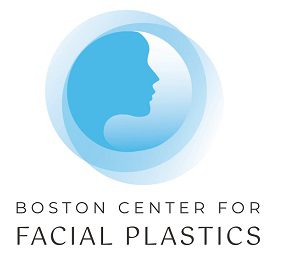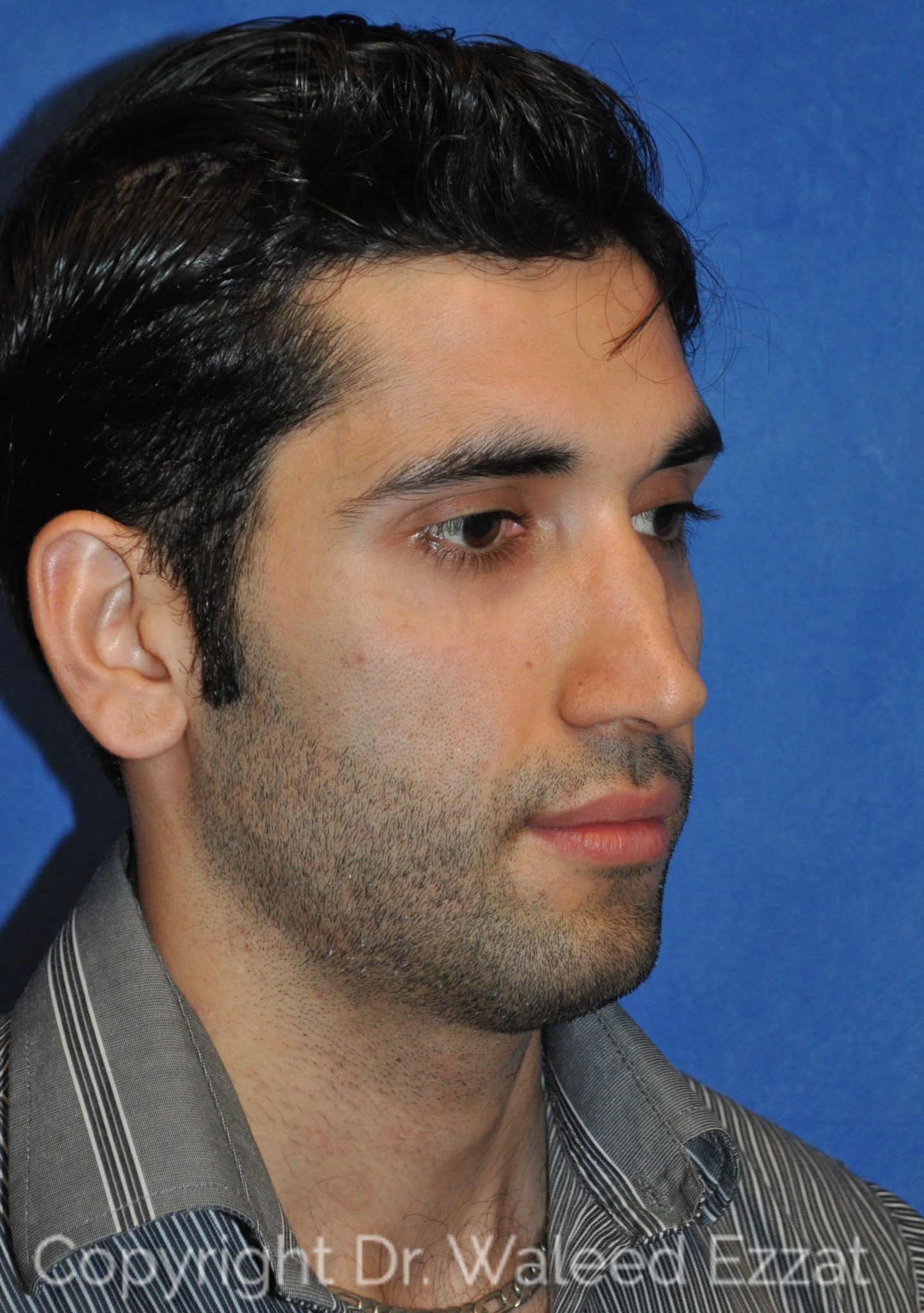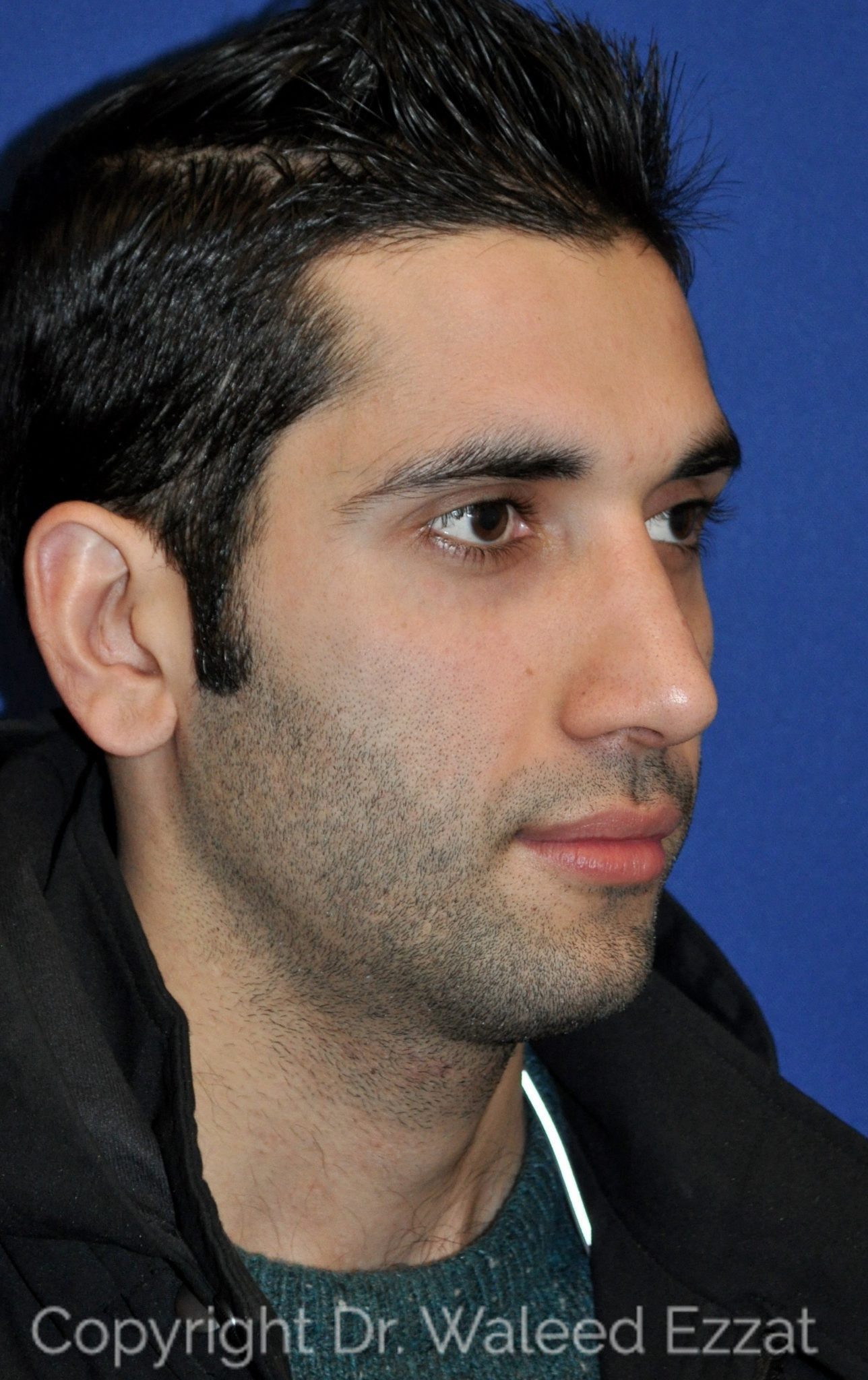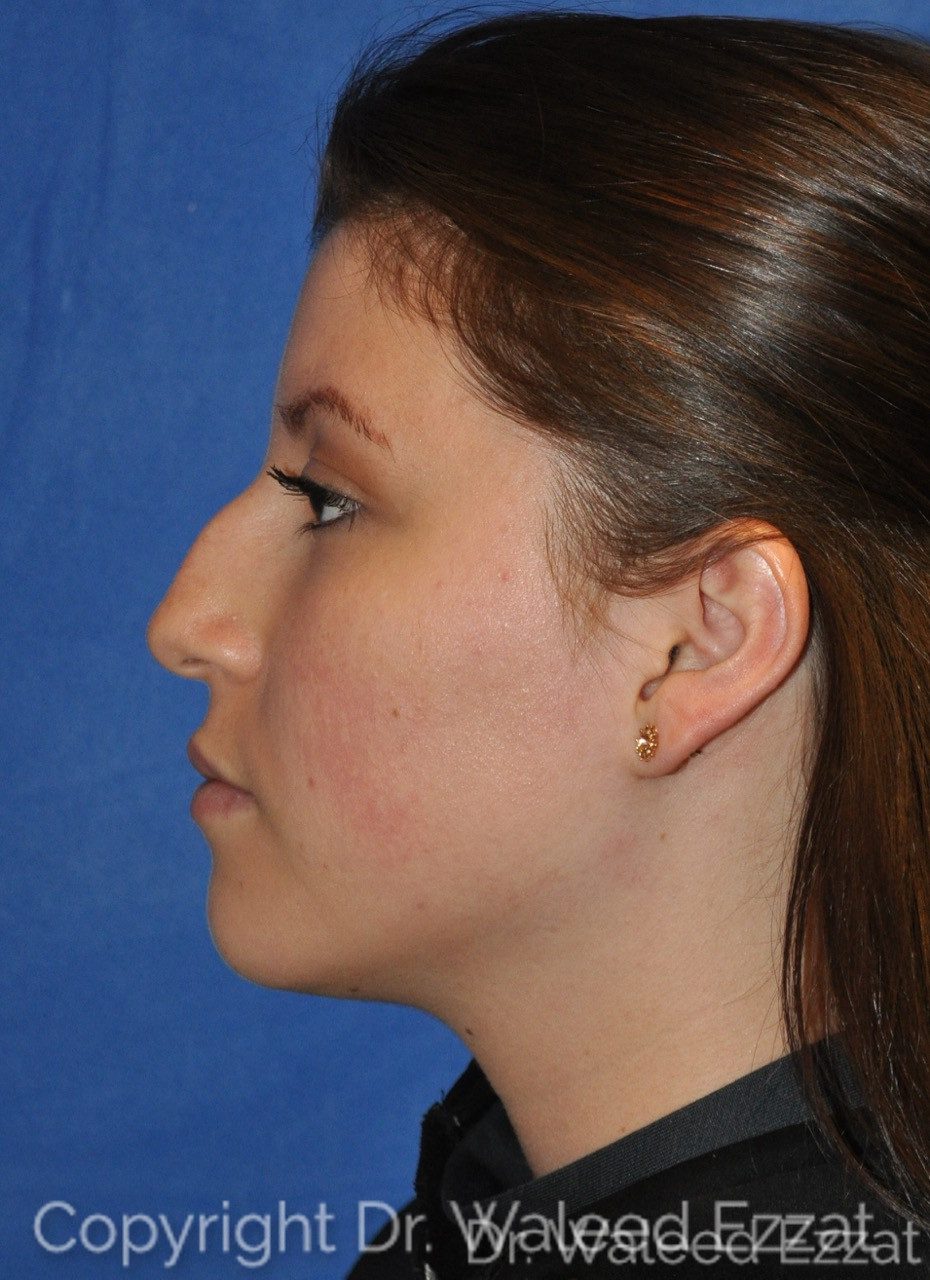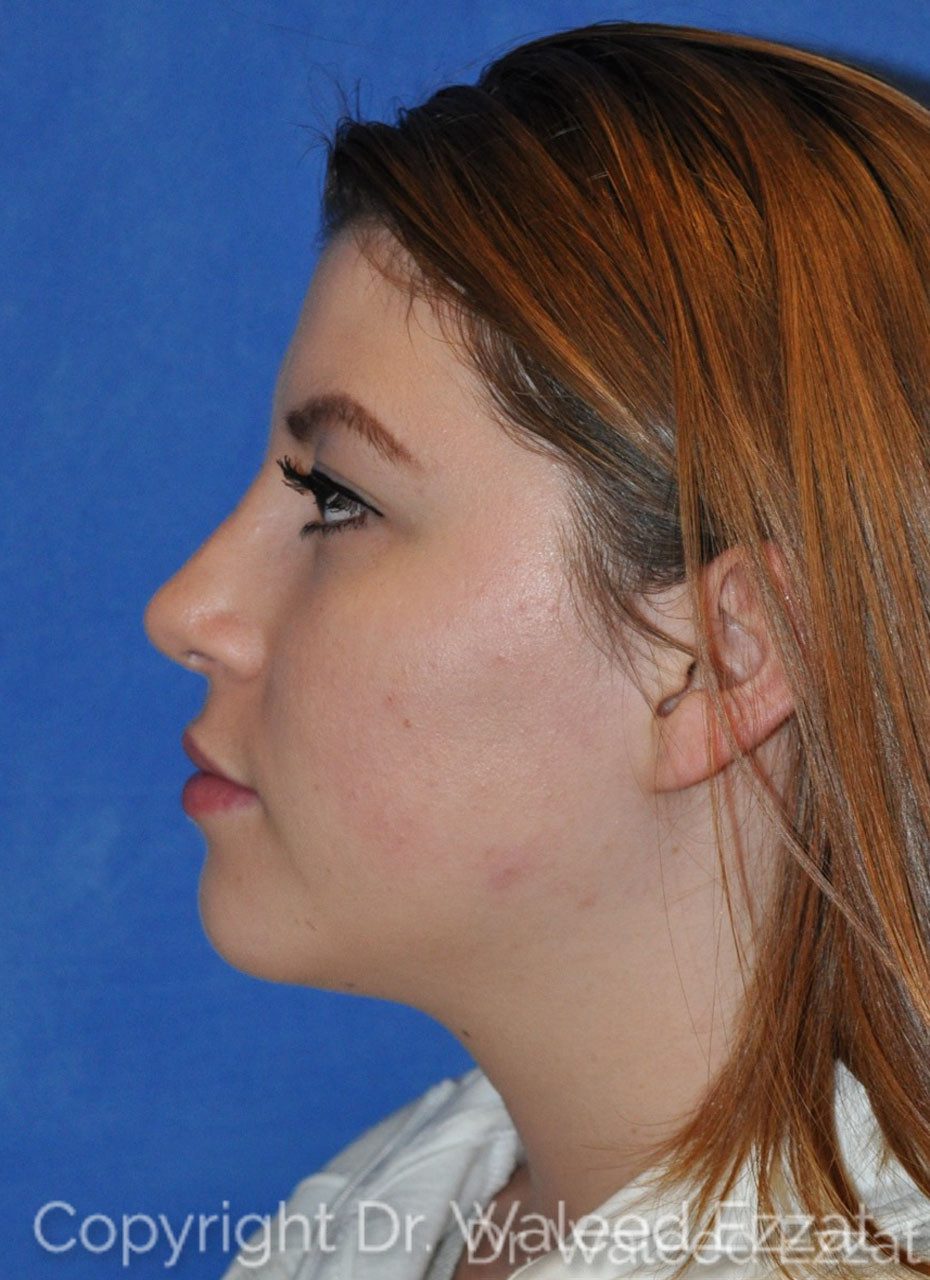Rhinoplasty, a surgical procedure to reshape the nose, can result in postoperative swelling that can take a significant amount of time to fully resolve. While the majority of the swelling typically subsides within the first few weeks to months following nose surgery, it’s not uncommon for some residual swelling to persist for up to a year or even longer. Several factors contribute to this extended timeline for swelling resolution:
A Natural Response to Surgery
Rhinoplasty involves the manipulation of bone and cartilage structures in the nose. The surgical trauma caused by these procedures triggers the body’s natural healing response, which includes inflammation and swelling. The extent of this initial trauma in a very sensitive area of the face varies depending on the complexity of the surgery.
Tissue Healing and Remodeling
The healing process is a complex series of events that involves the production of collagen, tissue repair, and remodeling. Even though the initial healing may occur relatively quickly, the complete remodeling of the nasal tissues, including the reduction of swelling, can take a year or more.
Individual Variation
Swelling resolution varies from person to person. Factors such as genetics, overall health, and the specific surgical techniques used can influence how quickly a person’s body heals and how long swelling persists.
Fluid Dynamics
You don’t need an advanced engineering course to know that fluid can accumulate and move around in the nasal cavity. If you have allergies or a stuffy nose, fluid accumulation may lead to intermittent or prolonged swelling.
Patient Expectations
Patients often have high expectations for the final results of their rhinoplasty. As a result, they may be particularly attuned to any residual swelling or minor asymmetries, which can lead to the perception that swelling lasts longer than it actually does.
Secondary Procedures
In some cases, patients may undergo secondary or revision rhinoplasty procedures. These procedures can disrupt the existing healing process and may contribute to swelling and prolonged recovery.
From your first nose surgery consultation, Dr. Ezzat will help you set realistic expectations about rhinoplasty recovery. With proper postoperative care focused on reducing swelling, avoiding activities that could exacerbate swelling (e.g., strenuous exercise), and attending follow-up appointments to monitor progress.
Contact us online or call our office at 857-350-4205 to book your consultation with Dr. Ezzat to learn all about what to expect during nose surgery recovery.
Related Posts
- 3 Ways the Modern Nose Job Creates Better Results
- 4 Must-Know Tips for an Easier Rhinoplasty Recovery
- Guys: Here’s How to Pick a Plastic Surgeon for Your Nose Job

